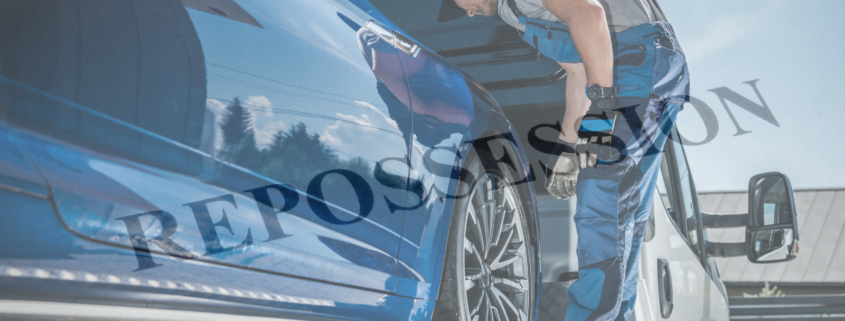Is It Possible to Stop Asset Repossession During a Bankruptcy Filing?
By the time most people declare bankruptcy, they’ve been in financial trouble for a long time. What’s the tipping point? For many, it’s the fact that one of their major assets is about to be repossessed. Perhaps their vehicle—their only way to get to work and provide for their family—is about to be repossessed by the bank, or maybe their home is about to be foreclosed on. This leads to an important question: can bankruptcy keep your assets from being repossessed?
Learn more about what may happen to your assets during bankruptcy, and for more personalized guidance regarding your legal options, call Padgett & Robertson at 251-342-0264.
Be Honest About Your Budget
Before you decide whether or not certain assets are worth keeping, be brutally honest with yourself about your budget. Living above one’s means is a fairly common trend among bankruptcy cases, and if that’s part of what led you to bankruptcy, it’s worth thinking about whether or not you can truly afford to keep your assets.
For example, if you took out a car loan to get a luxury car but the payments take up one-third of your monthly income, that may not be reasonable to keep. The same is true if you have real estate that makes you house poor. Only fight to keep an asset if you can truly afford to do so.
When people refer to “repossession,” they use it in two different ways. The first is repossession by creditors. The second is the liquidation of assets during bankruptcy.
Repossession by Creditors
When you file bankruptcy, an automatic stay goes into effect. This essentially freezes all collection attempts and prevents creditors from attempting to collect on the debt you owe them. This means they cannot call you, send you letters, or otherwise try to get you to pay. On top of that, they cannot repossess any secured assets. So, at least in the short term, filing bankruptcy can protect your assets from repossession. That does not necessarily mean that you will be able to keep those assets.
Liquidation of Assets
During bankruptcy, the bankruptcy trustee will attempt to repay as much of your debt as possible. They do this by selling off any non-exempt assets and making payments to creditors. This may include assets like homes and cars. During Chapter 7 bankruptcy, everything is essentially up for grabs, except for exempt property. This means that any valuable assets you have may be seized and sold.
It’s a bit different for Chapter 13 bankruptcy. Under Chapter 13 bankruptcy, your debt is essentially restructured. As long as you can get current on your payments and stay current after your new payment plan is created, you can keep your assets.
Remember that you can’t just choose to file Chapter 7 or Chapter 13 bankruptcy. You have to meet certain requirements. That’s why it’s important to meet with an attorney before making any final decisions.
Exempt Property
Learn more about exempt property in bankruptcy to find out what you can and cannot keep during this process. In Alabama, you can save up to $15,500 of equity in a home that you use as a primary residence. Anything over that may be available to the bankruptcy trustee. You also have broad protection from the seizure of personal assets. This includes furniture, electronics, clothes, and household goods. It also includes items you use for work and certain tax credits.
IRAs, tax-deferred savings accounts, and public pension plans may also be exempt when you file for bankruptcy. Worried about your income? Know that you can keep 75% of your current income and that many judges protect 100% of your current income from seizure. You’ll also be able to use an exemption “wild card.” This allows you to keep up to $7,500 worth of assets that are not included in other categories.
Find Out If Bankruptcy Is the Right Choice for You with Padgett & Robertson
Exemptions, repossession, and liquidation can make bankruptcy a complicated concept for people exploring their financial options. We’re here to break down your options, explain terminology, and help you create a plan for your future. Schedule a consultation with Padgett & Robertson now by calling us at 251-342-0264 or reaching out online.





Leave a Reply
Want to join the discussion?Feel free to contribute!